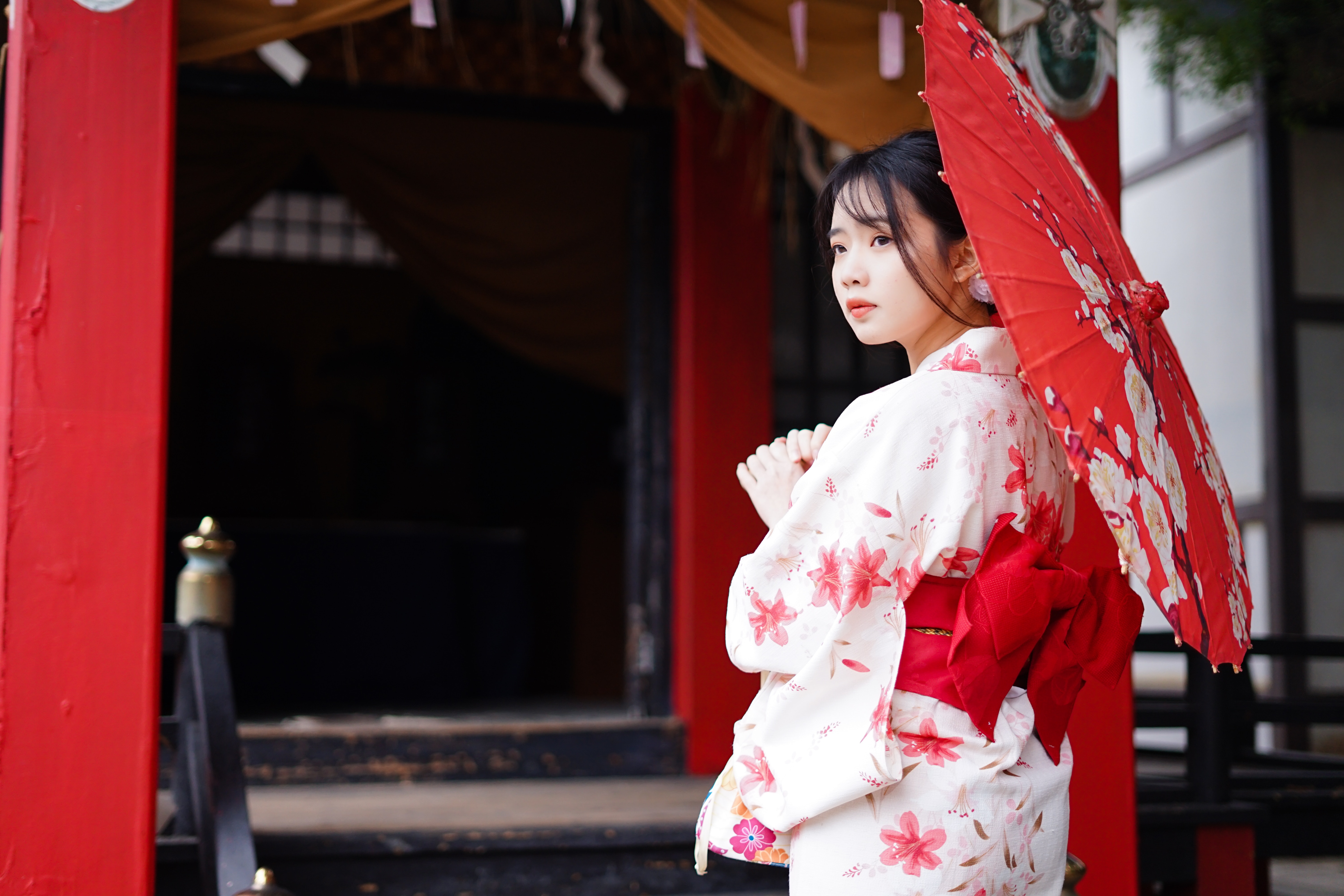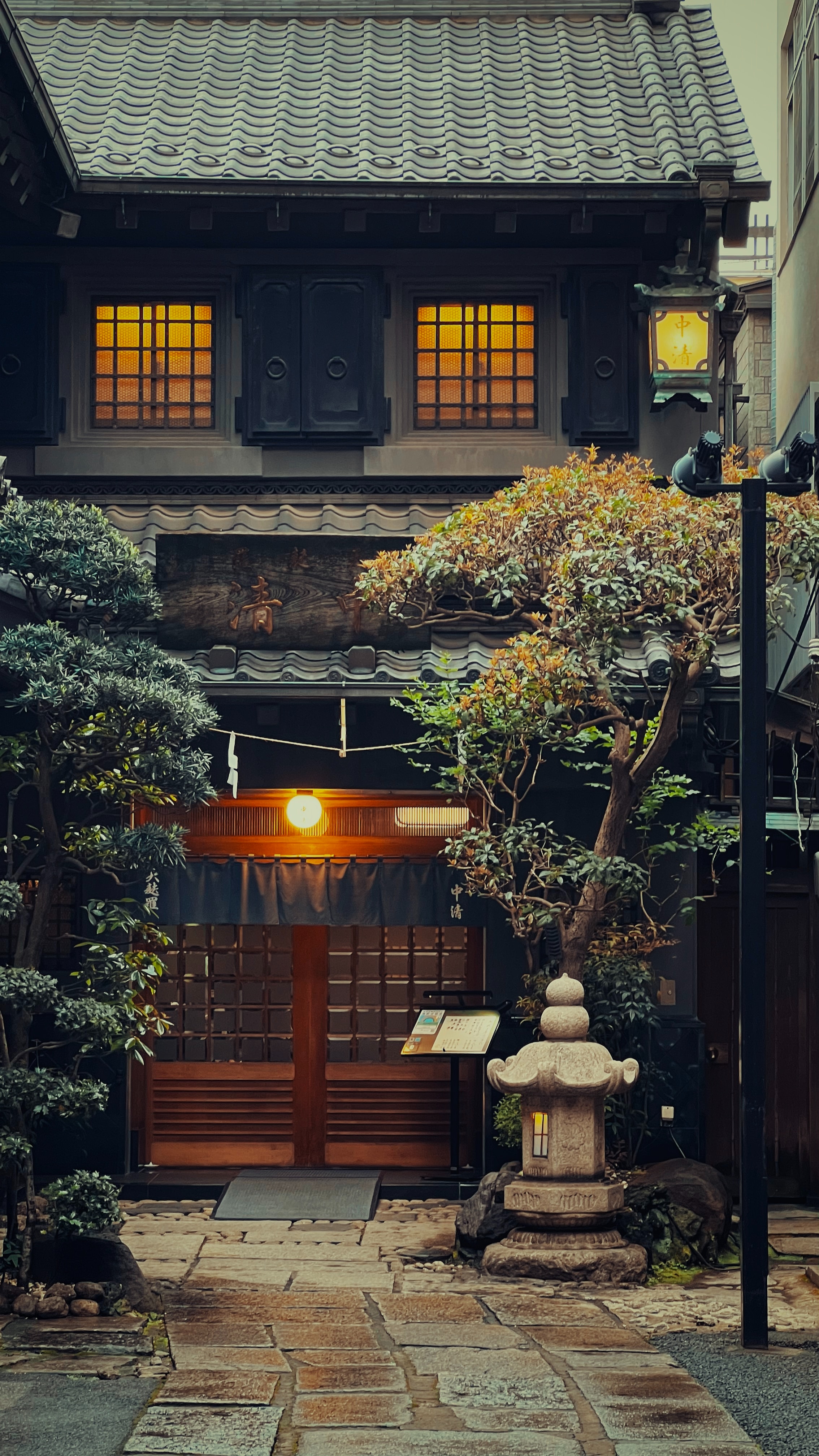
Reuben (ruuben) in Japanese
Reuben in Katakana
ルウベン
Reuben in Romaji
ruuben
Reuben in Hiragana
るうべん
The name Reuben in Japanese Katakana is ルウベン which in romaji is ruuben. Katakana is the standard translation for names into Japanese, Reuben in Japanese Hiragana, the non-standard translation for names into Japanese, is るうべん.
How do you write Reuben in Japanese Kanji?
The closest sounding kanji name that sounds similar to "Reuben" is 魯本 (Rō-ben). The kanji means "from the land of Lu (an ancient Chinese state)."
The western meaning of the name Reuben is "behold, a son". The closest matching Kanji name based on this meaning is 看護 (kan-go). This name is pronounced with two syllables: kan and go. The kanji 看 means "to look" and 護 means "protection". Together, the kanji 看護 means "to look and protect".
Get the inside scoop on life and travel in Japan
Names similar to Reuben
reuven ruuben
ルウベン Learn More
ruben ruuben
ルウベン Learn More
rueben ruuben
ルウベン Learn More
rebbeca rebekka
レベッカ Learn More
rebbecca rebekka
レベッカ Learn More
rebeca rebekka
レベッカ Learn More
rebecca rebekka
レベッカ Learn More
rebecka rebekka
レベッカ Learn More
rebekah rebekka
レベッカ Learn More
rubin ruubin
ルウビン Learn More
brenden burenden
ブレンデン Learn More
eugene yuujin
ユウジン Learn More
raven reibun
レイブン Learn More
regena rejiina
レジイナ Learn More
renen ranen
ラネン Learn More
rube ruubu
ルウブ Learn More
sven suben
スベン Learn More
tayven teiben
テイベン Learn More
alberto aruberuto
アルベルト Learn More
albina arubina
アルビナ Learn More
alden aruden
アルデン Learn More
alvin arubin
アルビン Learn More
alvina arubina
アルビナ Learn More
braden bureiden
ブレイデン Learn More


